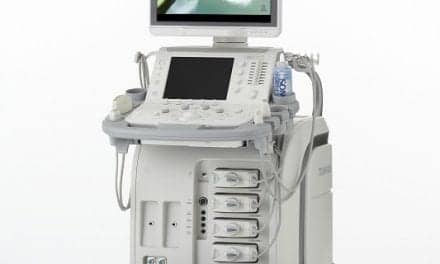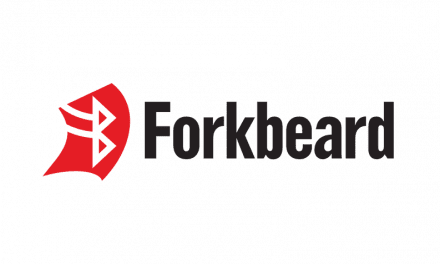Researchers at the University of British Columbia (UBC) have designed a network of portable, handheld ultrasound scanners to accelerate diagnosis of COVID-19.
The scanners pair a commercial ultrasound device with a secure online library of lung ultrasound images and a specially developed artificial intelligence (AI) algorithm, allowing healthcare practitioners to diagnose COVID-19 at the point of care—almost instantly.
Family doctors and acute care units in rural British Columbia will be the first users, with 50 units ready for deployment. More than 30 additional scanners will be distributed to urban acute care sites managed by Vancouver Coastal Health.
“With this scanner, we can potentially detect COVID-19 lung changes earlier while waiting for lab test results,” says Teresa Tsang, MD, UBC cardiologist and professor of medicine and director of echocardiography at Vancouver General Hospital and UBC Hospital. “This may also enable us to anticipate who will likely deteriorate rapidly, so that we can support these patients optimally from the start.”
Data from the field suggests that the scanner can detect up to 33% more cases of COVID-19 pneumonia than some current lab tests. “It’s easy to use, so even physicians with less experience can obtain fast, accurate results,” says Tsang.
The team will build Canada’s first ultrasound library for lung disease and will use AI to enable the handheld scanners to accurately detect patterns typical of COVID-19 and other lung diseases at the point of care.
“This project demonstrates UBC’s expertise in applied AI research,” said Purang Abolmaesumi, PhD, the Canada Research Chair in Biomedical Engineering at UBC. “With these scanners, we showcase UBC’s and B.C.’s cutting-edge capabilities in developing AI technology for medical imaging, with direct impact on our community and the Canadian health care system.”
The scanners—called PoCUS, for point-of-care ultrasound—were designed and provided by Burnaby-based Clarius Mobile Health. They can be disinfected easily between patients and come with a mobile phone app for ease of use.
The PoCUS scanners have been in use since 2017 but were swiftly adapted in April to diagnose COVID-19 in order to contribute to the public health response to the virus.
Read more from the University of British Columbia.






